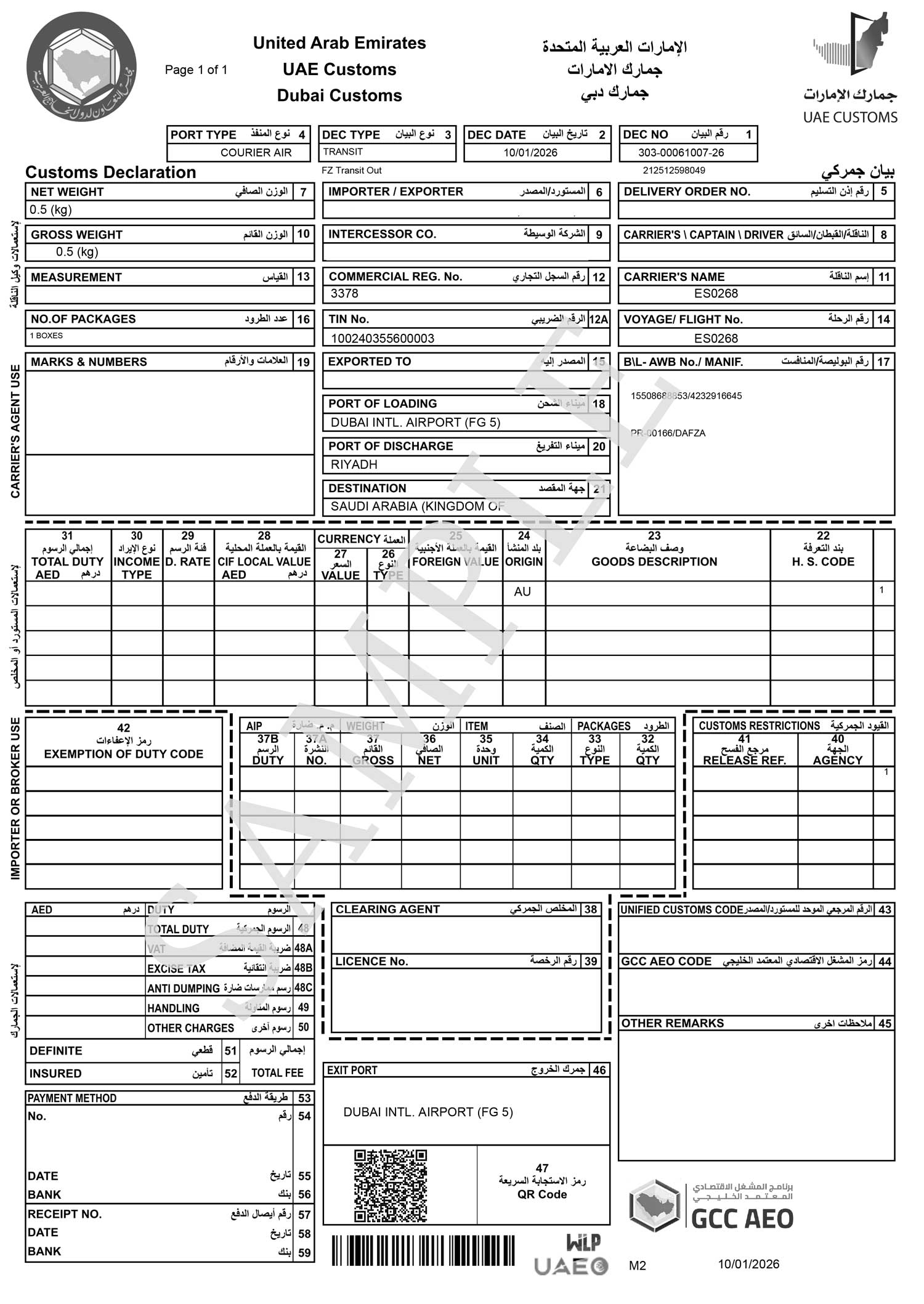Understanding the Significance of Bill of Entry (BOE) in Logistics

In the intricate web of global trade and commerce, the movement of goods across borders involves a multitude of processes and documents. One such crucial document in the realm of logistics is the Bill of Entry (BOE). So, what is BOE’s meaning in logistics? This document plays a pivotal role in facilitating the smooth flow of goods through customs clearance procedures, ensuring compliance with regulations, and enabling the efficient movement of cargo from one country to another. In this comprehensive guide, we delve into the intricacies of the Bill of Entry, its meaning, purpose, components, and significance in the logistics industry.
What is a Bill of Entry (BOE)?
A Bill of Entry, often abbreviated as BOE, is a legal document filed by importers or customs brokers with the customs authorities upon the arrival of goods at a port or airport. It serves as a declaration of the nature, quantity, and value of the imported goods, providing essential information for customs clearance and assessment of duties and taxes.
Purpose of Bill of Entry
The primary purpose of the Bill of Entry is to facilitate customs clearance procedures and ensure compliance with import regulations and taxation requirements. It serves the following key functions:
- Customs Clearance: The BOE provides customs authorities with detailed information about the imported goods, allowing them to verify the accuracy of declared values, assess applicable duties and taxes, and conduct security checks if necessary.
- Tax Assessment: Customs duties, taxes, and other charges are levied on imported goods based on their value, classification, and country of origin. The information provided in the BOE enables customs officials to accurately determine the amount of duties and taxes payable by the importer.
- Statistical Reporting: Government agencies use data from the BOE for statistical analysis, trade policy formulation, and economic planning purposes. Accurate and timely submission of BOEs helps maintain reliable trade statistics.
- Regulatory Compliance: Importers are required to comply with various import regulations, including product standards, licensing requirements, and import restrictions. The BOE serves as a declaration of compliance with these regulations, ensuring that imported goods meet the necessary legal requirements.
Sample Bill of Entry Document
Components of Bill of Entry
A typical Bill of Entry contains the following essential components:
- Importer Details: Name, address, contact information, and tax identification number of the importer or consignee responsible for clearing the goods through customs.
- Exporter Details: Name, address, and contact information of the overseas supplier or exporter who shipped the goods to the importer.
- Description of Goods: Detailed description of the imported goods, including quantity, weight, dimensions, markings, brand names, model numbers, and any other relevant identifiers.
- Value Declaration: Declared value of the imported goods, including the unit price, total value, currency of transaction, and terms of sale (e.g., FOB, CIF).
- Classification Codes: Harmonized System (HS) codes or tariff classification codes assigned to the imported goods for customs valuation and tariff determination purposes.
- Country of Origin: Country where the imported goods were produced or manufactured, which may impact customs duties, preferential trade treatment, and regulatory requirements.
- Customs Duties and Taxes: Breakdown of applicable customs duties, taxes, fees, and charges levied on the imported goods, including any exemptions or preferential treatment claimed by the importer.
- Declaration Statement: Statement declaring the accuracy and completeness of the information provided in the BOE, signed by the importer or authorized representative.
Types of Bill of Entry
Depending on the nature of the import transaction and the customs procedures involved, there are different types of Bill of Entry, including:
- Import General Manifest (IGM): Filed by the carrier or shipping agent upon arrival of the vessel or aircraft, providing a summary of all cargo onboard.
- Into-Bond Bill of Entry: Used for goods transiting through a country’s territory under bond, without payment of duties or taxes, for subsequent re-export or entry into a bonded warehouse.
- Ex-Bond Bill of Entry: Filed when goods are removed from a bonded warehouse for consumption or further distribution within the country, subject to payment of applicable duties and taxes.
- High Seas Sale Bill of Entry: Required for goods sold while in transit on the high seas, allowing the final buyer to take possession of the goods upon arrival in port.
Significance of Bill of Entry in Logistics
The Bill of Entry plays a crucial role in the logistics chain by facilitating the timely and compliant movement of goods across international borders. Its significance lies in the following aspects:
- Facilitating Trade: The BOE helps expedite customs clearance procedures, reducing delays and ensuring the smooth flow of trade by providing accurate and transparent information about imported goods..
- Compliance Management: Importers must adhere to a myriad of import regulations, including customs duties, taxes, licensing requirements, and trade restrictions. The BOE serves as a compliance tool, enabling importers to fulfill their legal obligations and avoid penalties for non-compliance.
- Cost Management: Accurate valuation and classification of imported goods are critical for determining the amount of customs duties and taxes payable. The BOE allows importers to manage their import costs effectively by ensuring compliance with duty rates and eligibility for preferential treatment under trade agreements.
- Risk Mitigation: Customs authorities use the information provided in the BOE to assess the risk associated with imported goods, including security concerns, intellectual property rights violations, and regulatory non-compliance. Customs officials can mitigate potential risks to national security, public health, and safety by conducting thorough inspections and risk assessments.
- Data Integrity: Timely and accurate submission of BOEs ensures the integrity of trade data. This is essential for government agencies, policymakers, and businesses to analyze market trends, monitor trade flows, and formulate trade policies.
Conclusion
Now, you already know BOEs meaning in logistics. This fundamental document in the field of logistics, serving as a cornerstone of international trade facilitation and compliance management. By providing detailed information about imported goods, the BOE enables customs authorities to perform essential functions such as customs clearance, tax assessment, and regulatory compliance. Importers and customs brokers must understand the significance of the BOE and ensure its accurate and timely submission to facilitate the smooth movement of goods across borders and contribute to the efficiency and transparency of global supply chains.





